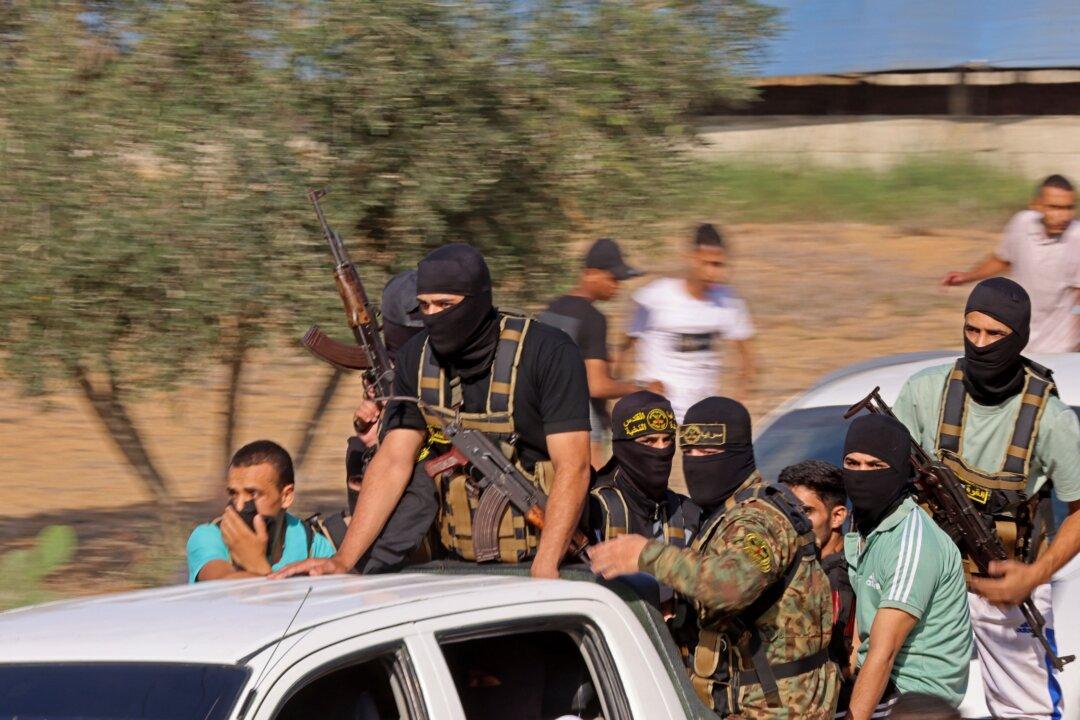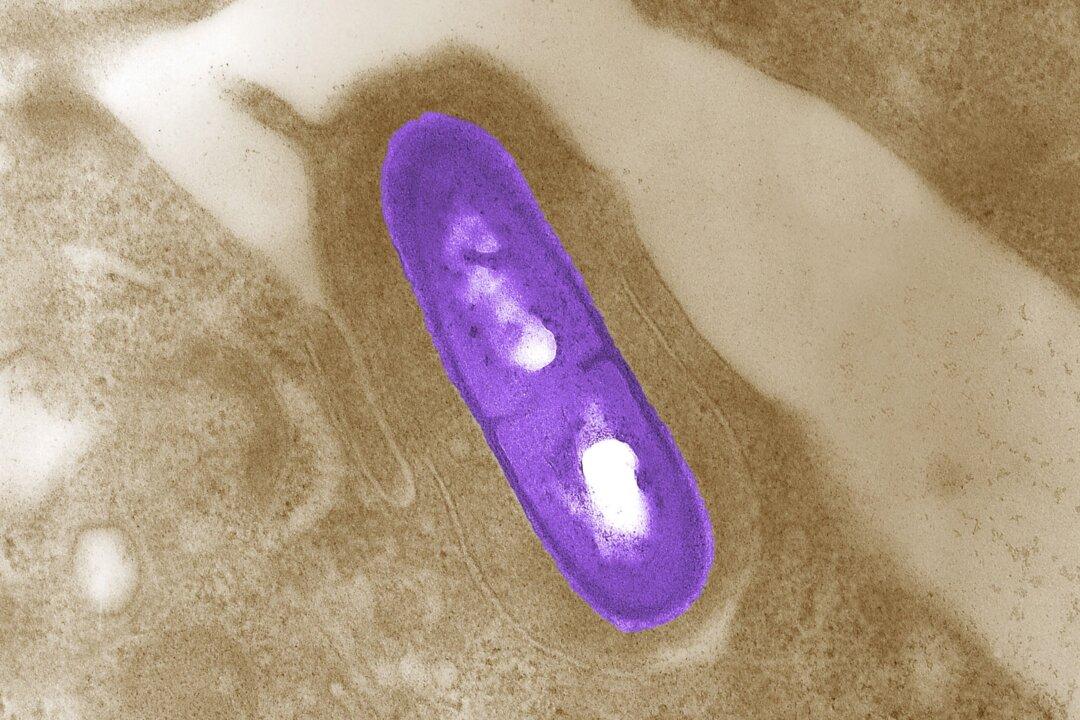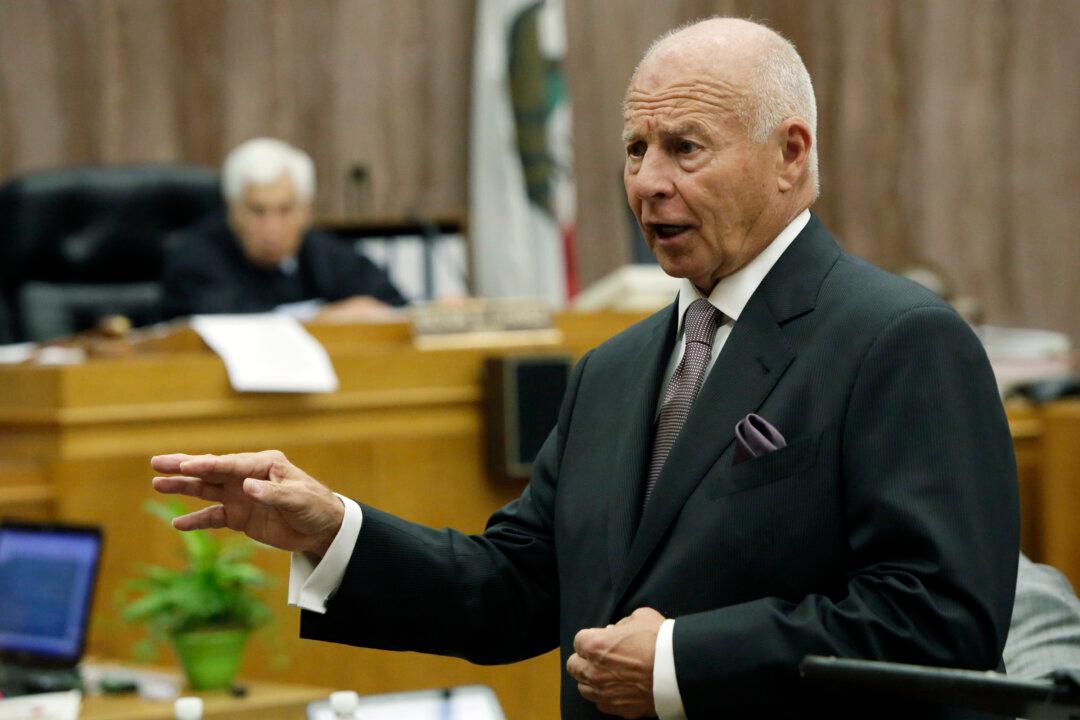Terrorist group Hamas reportedly received support from Iran to plan its attack on Israel on Oct. 7, a spokesperson of the group told the BBC.
Hamas spokesperson Ghazi Hamad told the British broadcaster that Iran had been an instrumental factor in engineering the attack that has killed more than 1,200 people.




